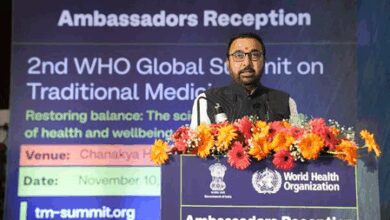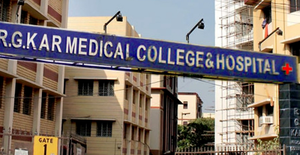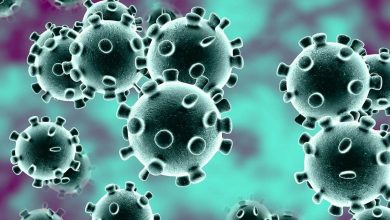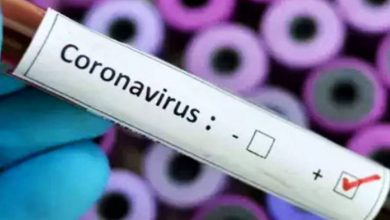Study warns high-fat keto diet may drive breast cancer risk
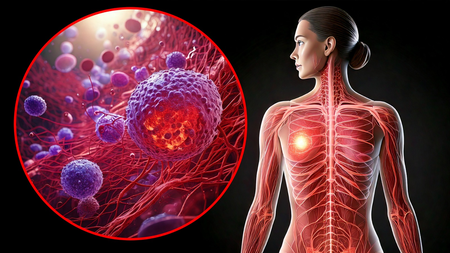
New Delhi, Oct 16 (IANS) While the keto diet — high in fat and low in carbohydrates — is hugely popular for weight loss, a new animal study has warned that it may raise the risk of an aggressive type of breast cancer.
Research from the University of Utah, US, showed that high lipid levels caused by fatty acids — a key feature of obesity that promotes tumour growth — can also fuel the risk of triple-negative breast cancer.
The study, conducted in preclinical mouse models, suggests that breast cancer patients and survivors with obesity could benefit from lipid-lowering therapies — and that they should avoid high-fat weight loss regimens like ketogenic diets.
“The key here is that people have underestimated the importance of fats and lipids in the all-encompassing term that is obesity,” said Keren Hilgendorf, from the Huntsman Cancer Institute at the varsity.
“But our study shows that breast cancer cells are really addicted to lipids, and the abundance of lipids in patients with obesity is one of the reasons that breast cancer is more prevalent and more aggressive in these patients,” Hilgendorf added.
The team analysed mouse models on high-fat diets and used models that were engineered to have hyperlipidaemia — a high amount of lipids in the blood — without other key markers of obesity, like high glucose and insulin levels.
The findings, published in the journal Cancer and Metabolism, showed that the high lipids alone were enough to accelerate tumour growth. Interestingly, lowering the amount of lipids, in the presence of high glucose and insulin levels, was also enough to slow down breast cancer cell growth.
Importantly, the study showed that although a keto diet can lead to weight loss, which is necessary for cancer patients, the high-fat content “can have serious unintended side effects — even causing the tumour to grow.”
The study suggests that lipids may also fuel tumour growth in patients with obesity who have other types of breast cancer, or ovarian or colorectal cancers.
–IANS
rvt/

